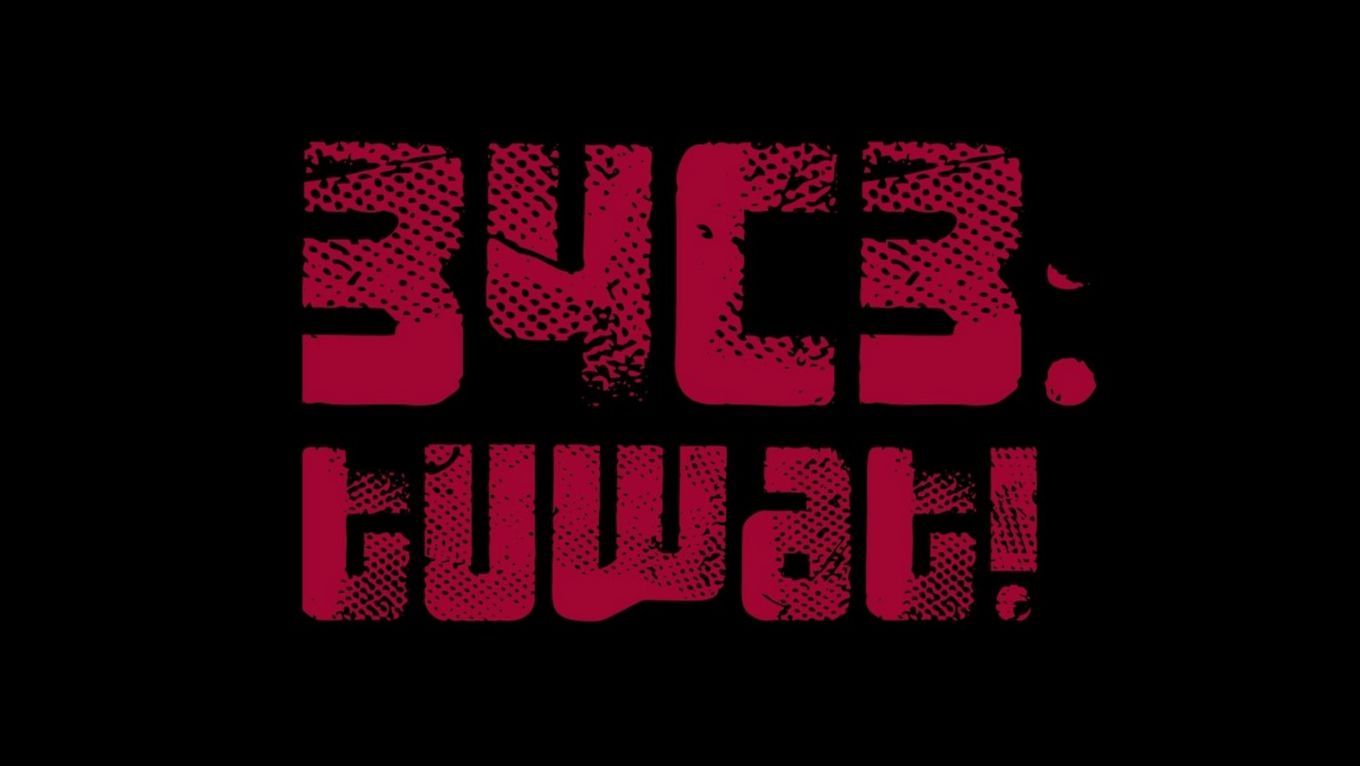Ethics, Society & Politics
WTFrance
Decrypting French encryption law
27. Dezember 2017
14:15 – 14:45 In Kalender übernehmen
14:15 – 14:45 In Kalender übernehmen
Saal Clarke
France is part of the top countries trying to destroy encryption, especially through backdoor obligations, global interceptions, and effort to get access to master keys. French law already criminalises the use of encryption, imposing heavier penalties on people using it or regarding them as general suspects.
How can we oppose this trend? What political role for developers?
Contrary to popular opinion, the worst security legislation is not always coming from right-wing governments like Poland or Hungary but also from the 'social' democracies of liberal markets strengthening their supremacy by striving for authoritarian power.
France is part of the top countries trying to destroy encryption, especially through backdoor obligations.
Despite advices of all digital security experts, French officials are still speaking out against encryption, systematically using the fight against terrorism as a pretext.
As a result, French law considers people using encryption as guiltier than others, imposing heavier penalties on people using it or regarding them as general suspects. Legislators also aim at obliging firms to hand over the uncrypted version of a communication or even the encryption key if possible. The period for data retention of encrypted communication is much longer than for non encrypted communications.
After giving a brief historical summary of the french anti-crypto legislation, this talk will issue the possibilities to oppose this trend. Especially enquiring about what political role developers could play, this should definitely be understood as a call for action.
Weitere Infos
| Format | lecture |
|---|---|
| Sprache | Englisch |
Weitere Sessions
| 27.12.17 |
In der EU wird gerade über eine Verordnung verhandelt, die für die Vertraulichkeit der elektronischen Kommunikation verbindliche und zeitgemäße Regeln schaffen soll. Diese „ePrivacy-Verordnung“ könnte in absehbarer Zeit die letzte Möglichkeit sein, dem informationellen Kontrollverlust EU-weit politisch etwas entgegenzusetzen.
|
| 27.12.17 |
The Joint Threat Research Intelligence Group (JTRIG), a unit in one of Britain’s intelligence agencies, is tasked with creating sockpuppet accounts and fake content on social media, in order to use "dirty tricks" to "destroy, deny, degrade [and] disrupt" enemies by "discrediting" them. In this talk, we reveal some of that content, in relation to infiltrating activists groups around the world, including during the Arab spring and Iranian revolution.
|
| 27.12.17 |
In 2014 China’s government announced the implementation of big data based social credit systems (SCS). The SCS will rate online and offline behavior to create a score for each user. One of them is planned to become mandatory in 2020. This lecture will review the current state of governmental and private SCS and different aspects of these systems.
|
| 27.12.17 |
Deutschland hat gewählt, man weiß nur noch nicht, wer regieren wird. Bis Weihnachten könnte ein Koalitionsvertrag verhandelt worden sein, vielleicht auch später. Was sind die zu erwartenden großen Debatten der neuen Legislaturperiode?
|
| 27.12.17 |
Software vendors like to claim that their software is secure, but the effort and techniques applied to this end vary significantly across the industry. From an end-user's perspective, how do you identify those vendors who are effective at securing their software? From a vendor's perspective, how do you identify those techniques which are effective at improving security? Presenting joint work with Sarah Zatko, mudge, Patrick Stach, and Parker Thompson.
|
| 27.12.17 |
Der NSA-BND-Untersuchungsausschuss des Deutschen Bundestags ist zu Ende. Da bietet es sich an, nun auf die gesammelten Geheimdienstskandale und die Reaktionen auf die Enthüllungen zurückzublicken.
|
| 27.12.17 |
How do Iranians experience the Internet? Various hurdles and risks exist for Iranians and including outside actors like American technology companies. This talk will assess the state of the Internet in Iran, discuss things like the threats of hacking from the Iranian cyber army; how the government are arresting Iranians for their online activities; the most recent policies and laws for censorship, surveillance and encryption; and the policies and relationships of foreign technology companies ...
|

